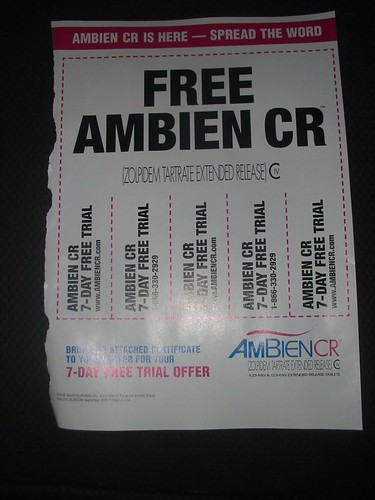Infants need mental health checks .
tenth of two to five-year-olds have a serious psychiatric illness, yet most cases are being missed, warn experts.
The problems go beyond tantrums and bad behaviour and impact negatively on all aspects of an infant’s life, the Institute of Psychiatry will hear.
And failure to spot and treat these conditions early is causing unnecessary distress and suffering.
Mental health services need to be geared towards very young children as a matter of urgency, they said.
The news comes as a survey of 1,000 young people aged 12-19 by The Priory Group finds as many as one in five teenagers has considered or actually harmed themselves purposefully because of feelings of failure and social inadequacy.
A few days ago I posted on various articles critical of a new class of pharmacological drugs. Just found out there were even more:
Wallstreet Journal:
Some Drugs Work To Treat Depression, But It Isn’t Clear How
United Press Internationl:
Study: Public misled by depression ads
WebMD:
Essay questions the role of anti-depressants
This week has seen a number of provocative articles in the mainstream press on the debates surrounding the blockbuster SSRI’s which made some pharma companies very rich in the last decade:
Fortune published Prozac Backlash, Trouble in Prozac Nation and the NY Times has published a piece on David Healy, the most famous academic whistleblower who was denied tenure because of his criticisms of such practices as ghostwriting as well as for uncovering the suicide risks that SSRIs carry.
update: There is also this fascinating piece from the NYTimes: Young, Assured, and Playing Pharmacist to Friends. This speaks to dramatic changes in prescription practices and knowledge due to direct to consumer advertising as well as knowledge sharing on the Internet. Below is a nice excerpt from the Times:
Direct-to-consumer drug advertising, approved by the Food and Drug Administration in 1997, has for most of their adult lives sent the message that pills offer a cure for any ill. Which ones to take, many advertisements suggest, is largely a matter of personal choice.
“If a person is having a problem in life, someone who is 42 might not know where to go – ‘Do I need acupuncture, do I need a new haircut, do I need to read Suze Orman?’ ” said Casey Greenfield, 32, a writer in Los Angeles, referring to the personal-finance guru. “Someone my age will be like, ‘Do I need to switch from Paxil to Prozac?’ ”
For Ms. Greenfield, who could recite the pros and cons of every selective serotonin reuptake inhibitor on the market by the time she graduated from college, years of watching doctors try to find the right drug cocktails for her and for assorted friends has not bolstered faith in their expertise.
The only two nations that allow direct to consumer pharmaceutical advertising are the United States and New Zealand. Apparently the US is now innovating on the concept, taking it to a whole new level:

This is the first time I have seen an ad of this nature, which was published in the New Yorker this week.



